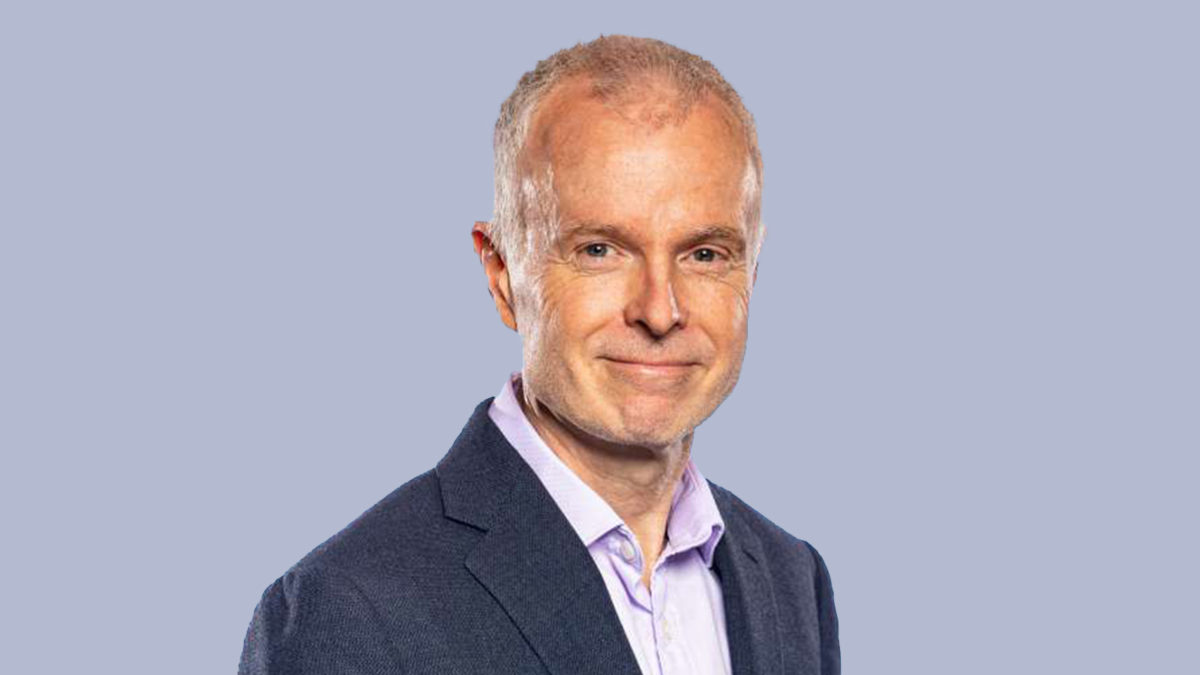The new ESG war won’t last
“ESG is difficult. Investment managers can and do get it wrong. We can over-sell, we can mis-sell, and there’s the risks of greenwashing,” Dr Stuart Palmer, head of ethics research at Australian Ethical, told The Inside Network‘s ESG Retreat in November.
“So there’s plenty of ammunition for those who want to criticise ESG. But the growing criticism that we’ve seen in recent years, particularly this year, over the legitimacy of responsible investing, is not a result of any fundamental flaws of ESG. It is an indicator of the success and impact it’s had.”
2022 has seen a resurgence in anti-ESG sentiment, with detractors seizing on energy shortages and corresponding price spikes as evidence that an investment approach that aims to reduce reliance on fossil fuels won’t work – or, with energy security now at the forefront of nearly every national economic agenda, that it shouldn’t work.
“Unsustainable companies that have been exposed and hurt by responsible investment have seized an opportunity to bite back,” Palmer said. “We don’t see them winning the fight. The detractors have tried to exploit global energy disruption, and broader economic and social disruption to attack ESG. But the disruption only reinforces the importance of investing to create more resilient and sustainable economies and societies.”
It’s important to pay attention to this reaction, Palmer said; it’s a “superficially attractive argument” that at times of crisis we need to stick with the status quo. But a short-term spike “doesn’t change the challenged economics of new, large-scale fossil fuel infrastructure” or the threat of climate change and fossil fuel emissions.
“Responsible investing remains as important as ever for responding to large-scale, systemic challenges,” Palmer said.
ESG and responsible investing has a bright future, even if that future is “complex and uncertain”. Responsible investors have different views on everything from nuclear and gas power to weapons, food and how to better regulate markets to promote fairness and address inequality and exploitation.
ESG can sometimes look like a free-for-all, Palmer said, but it isn’t, and its internal debates should be seen as a “feature, not a bug”. But Palmer thinks some rationalisation will occur in the industry as the surge in greenwashing in the Australian financial services attracts the attention of regulators.
“I think greenwashed financial products will go the way of junk insurance, of junk financial products, which came to grief with the Hayne royal commission. We’re seeing regulatory action around the world on this front, and locally from ASIC and the ACCC, who are scrutinising sustainability claims and labels in the financial services and the broader economy.”
And Palmer “doesn’t see a great future” for tick the box ESG approaches that rely on external scores – or looking at whether a company has the right suite of sustainability policies on its website. Passive index tracking approaches will also struggle, even those anchored around specialist low-carbon indices from the likes of Dow Jones, MSCI, and S&P.
“That might come as a surprise – isn’t the ESG Holy Grail we’re striving for some simple company ESG scores that can reliably tell us who’s good and bad?… But I think it’s important to distinguish between sustainability indices and market indices,” Palmer said. “In a financial investment context, tracking market indices can make sense – you have active and passive investors shaping the weighting and composition of the index.”
“We don’t have that mechanism for sustainable or low carbon indices yet. They’re manufactured based on the index providers proprietary scores and algorithms, so if you’ve got strategies that track those indices you’re placing a lot of reliance on the provider to set the ESG methodology, to set the ESG criteria and measure ESG performance.”











